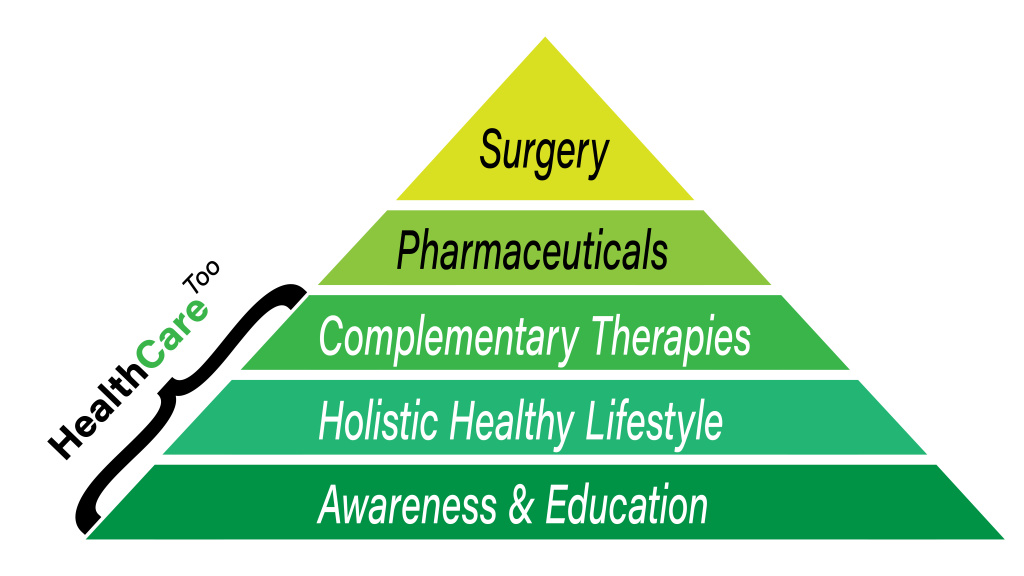Why CBD?
Health consumer know what ails them. Increasingly, they are taking health matters into their own hands… for better or worse. The New York Times article Why Is CBD Everywhere? gives a long overview of what CBD is and how it differs from the hallucinogenic found in marijuana. Is does an even better job of highlighting why CBD has become the latest pancea, especially for millennials.
There is cerainly a bit of style behind the CBD products. But, more importantly, there is the ever-gnawing anxiety of rampant partisanship, fear of AI and other technologies, increased financial pressures and so much more. If CBD is today’s treatment of choice for health consumers then there may well be a bigger story to unfold. Is today’s disease management system ready for it?
With CBD popping up in nearly everything — bath bombs, ice cream, dog treats — it is hard to understate the speed at which CBD has moved from the Burning Man margins to the cultural center.
A year ago, it was easy to be blissfully unaware of CBD. Now, to measure the hype, it’s as if everyone suddenly discovered yoga. Or penicillin. Or maybe oxygen.
Even so, you ask, what is CBD? Plenty of people still have no idea. CBD is short for cannabidiol, an abundant chemical in the cannabis plant. Unlike its more famous cannabinoid cousin, THC (tetrahydrocannabinol), CBD does not make you stoned.
Which is not to say that you feel utterly normal when you take it.
Users speak of a “body” high, as opposed to a mind-altering one. “Physically, it’s like taking a warm bath, melting the tension away,” said Gabe Kennedy, 27, a founder of Plant People, a start-up in New York that sells CBD capsules and oils. “It is balancing; a leveling, smoothing sensation in the body mostly, and an evenness of attention in the mind.”
Comparing it to the feeling after an intense meditation or yoga session, Mr. Kennedy added that the CBD glow has “synergistic downstream effects” in terms of social connections. “Around others, I find myself more present and attentive, more creative and open.”
For more information please see www.nytimes.com
You may also be interested in Tai Chi Benefits




